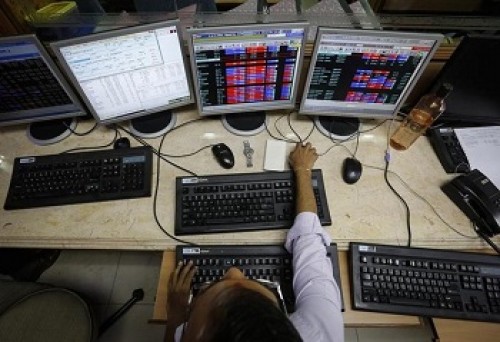Markets likely to make cautious start on Thursday
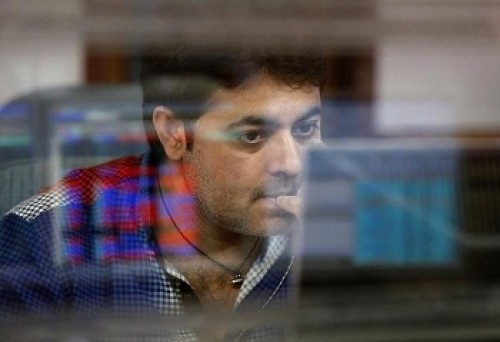
Follow us Now on Telegram ! Get daily 10 - 12 important updates on Business, Finance and Investment. Join our Telegram Channel
Indian markets once again soared higher on Wednesday to hit fresh all-time highs but failed to hold the gains and finished the day down in the red amid mixed global cues. Today, the start of session is likely to be cautious tracking mixed global cues. Also, adjustment to 100 per cent peak margin norms may add volatility. Some support will come as Goods and services tax (GST) collection moderated in August to Rs 1.12 trillion as against Rs 1.16 trillion in July, but exceeded the Rs 1-trillion mark for the second month as economic activity gained pace with a decline in Covid-19 cases. Traders may take note of report that the country received 24 per cent less than normal rainfall in August, a vast deviation from the IMD's predictions for the month, but latest forecasts say it is expected to be above normal in September. Meanwhile, the International Monetary Fund (IMF) has sharply increased its allocation of Special Drawing Rights (SDR) to India, in line with the country's existing quota in the fund. There will be some buzz in the metal stocks with a private report that Indian steel prices are at an all-time high of Rs 67,500/tonne, which is 5 per cent above their June quarter average. Spot aluminum price at $2,674/tonne is also 12 per cent higher than the June quarter average. Power stocks will be in focus as power ministry data showed that India's power consumption grew 18.6 per cent in August to 129.51 billion units (BU) and remained higher than the pre-COVID level due to improved economic activities amid easing of lockdown curbs by states. There will be some reaction in OMCs stocks as India's fuel demand recovery remained patchy in August as petrol consumption continued to rise but diesel sales fell, preliminary data from state fuel retailers showed.
The US markets ended mostly higher on Wednesday as investors looked beyond weak economic data that weighed on the dollar to focus on the likely continuation of massive central bank stimulus measures. Asian markets are trading mixed on Thursday after Australia reported a higher-than-expected trade surplus in July.
Back home, Indian equity benchmarks snapped their three-day record-breaking streak and ended in the negative territory on Wednesday as investors booked profit at record highs ahead of weekly expiry of index futures and option contracts. The benchmark Indices opened in green due to favourable GDP data. India's economy grew at a record 20.1 per cent year-on-year in April-June quarter, helped by a low base of the year-ago period coupled with improved manufacturing in spite of a devastating second wave of Covid-19 cases. Sentiments also remained positive as the government data stated that high tax collections due to tighter rules for the goods and services tax (GST), and an economy on the recovery path coupled with expenditure compression resulted in the Centre's fiscal deficit narrowing to 21.3 per cent of the Budget Estimates (BE) in the first four months of the current financial year. Adding more optimism, Moody's Investors Service said the economic activity in India is picking up with the gradual easing of COVID restrictions and there could be further upside to growth as economies around the world gradually reopen. However, domestic indices failed to hold onto its early gains and turned negative in late morning session, as traders got worried, after India’s manufacturing sector activities moderated in August, as business orders and production rose at softer rates due to the pandemic and rising input costs. The seasonally adjusted IHS Markit India Manufacturing Purchasing Managers’ Index (PMI) stood at 52.3 in August, down from 55.3 in July, indicating a softer rate of growth that was subdued and below its long-run average. Traders also remain concerned after private report stated that Asia’s factory activity lost momentum in August as a resurgence in coronavirus cases disrupted supply chains across the region, raising concerns faltering manufacturing will add to economic woes caused by slumping consumption. Growth in India’s factory sector activity also slowed as persistent pandemic-related weakness weighed on demand and output, forcing firms to cut jobs again following a brief recovery in July. Finally, the BSE Sensex fell 214.18 points or 0.37% to 57,338.21, while the CNX Nifty was down by 55.95 points or 0.33% to 17,076.25.
Above views are of the author and not of the website kindly read disclaimer
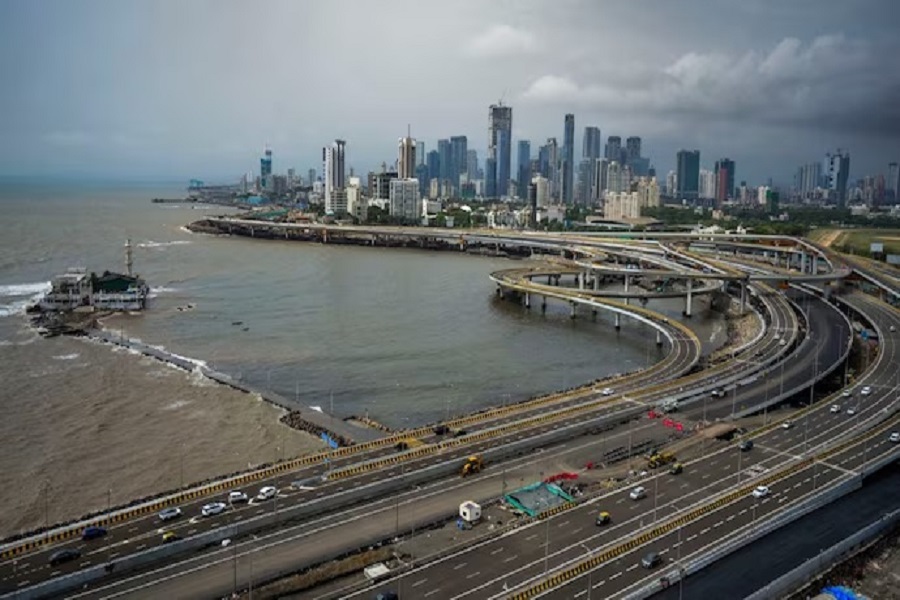





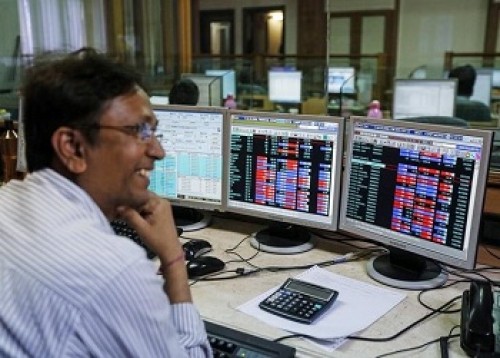

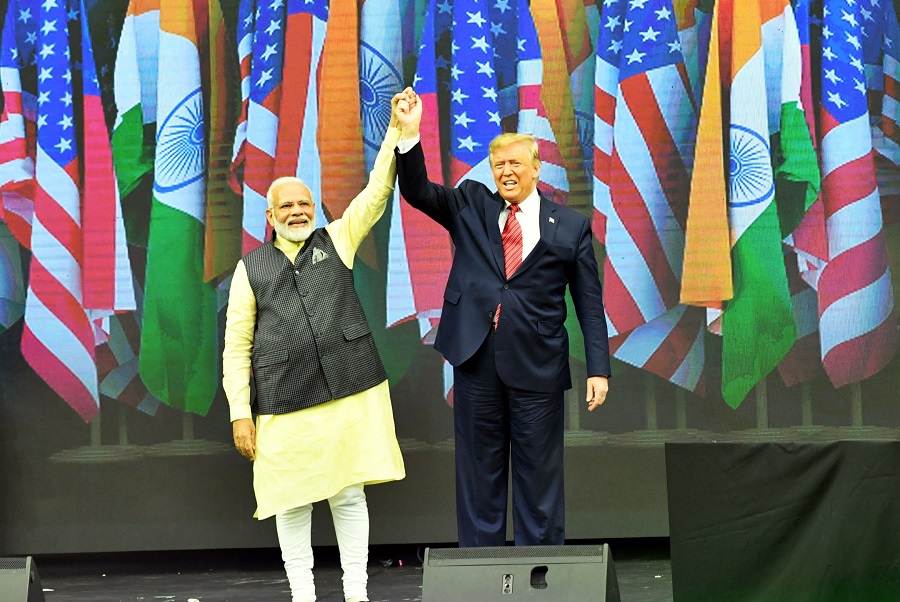

Tag News

Weekly Market Analysis : Markets strengthened recovery and gained nearly 2% in the passing w...



More News
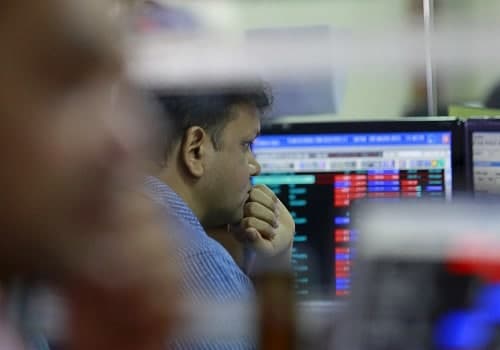
Quote on Nifty : The Nifty index witnessed some buying momentum from the lower levels Says R...


